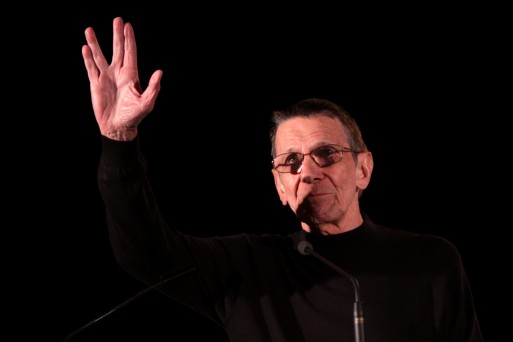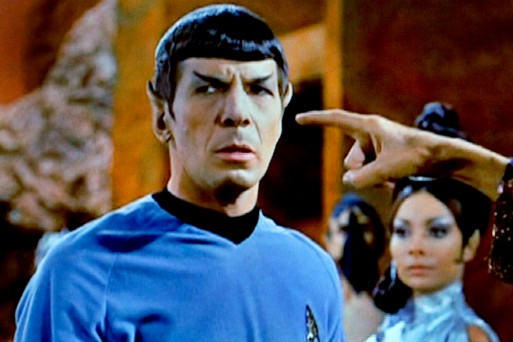February 27, 2015 marked the first day I cried over a celebrity’s death.
It was the day Leonard Nimoy, best known for his role as Spock on “Star Trek”, passed away from COPD complications. At 83, he had lived a full life, yet many of his fans felt he was gone too soon.
Somehow I had imagined Nimoy would live for centuries. Although I knew this was a medical impossibility, the idea that he wouldn’t even make it to see his first full century also seemed impossible. He was a personal hero for thousands of people, and heroes are supposed to be immortal.
From an outside perspective, someone crying over the death of a person they never met is a ridiculous notion. Why are thousands of us mourning Leonard Nimoy’s loss when many of us have never even shaken his hand?
This is a phenomenon we rarely discuss when we talk about loss. You find hundreds of articles about coping with the loss of a beloved pet. You find articles about mourning people who have died in car crashes. You even find articles about tattooing your loved one’s ashes into your skin. Few people talk about how we feel when a personal hero dies.
I’m not the only one who would say “Star Trek” changed my life. I began watching the original series in my late teens, and from the first episode I was hooked. Spock, with his unrelenting logic and kindhearted ethics, became my archetype for how to be a decent person. As a half-Vulcan, half-human officer, his awkward disconnect to his human peers endeared me to him more than any other character. He reminded me of my little brother, who has Asperger’s. Intelligent and sweet-natured, but sometimes too logical for his own good.
Meanwhile, Leonard Nimoy himself was a person to be admired in his own right. He wrote letters to children who felt isolated because of the color of their skin. He fought for women’s equal rights. He took powerful photographs of confident women, and encouraged everyone to feel comfortable in their own skin. Nimoy was Spock, but he was so much more.
We spend days, sometimes even weeks with our personal heroes. I’ve watched every episode of the original “Star Trek” series at least twice. I’ve seen every film. I even watched the animated series. In total, I’ve spent at least 740 hours (that’s 30 days) of my life watching Spock with the original Enterprise crew.
In short, I’ve spent less time with some of my friends than I have with Leonard Nimoy’s character.
So why wouldn’t I feel a sense of loss after his death? The loss of someone we look up to is not the same as the loss of a loved one, to be sure. I’ve lost people I know and love, and the two losses by no means feel the same to me. Yet we should be able to acknowledge and fully feel the loss of our heroes we never met without feeling embarrassed.
I’m not ashamed to say that Leonard Nimoy’s death has impacted me tangibly. We should all feel free to embrace the nuances of loss and talk openly about the impact people have on our lives, however small that impact may be.
Leonard Nimoy has become immortal in the minds of the people whom he inspired. In that sense, his legacy will likely outlive us all.

 Why It’s OK to Cry about Leonard Nimoy
Why It’s OK to Cry about Leonard Nimoy





 The Spiritual Symbolism of Cardinals
The Spiritual Symbolism of Cardinals
 Meaning-Focused Grief Therapy: Imaginal Dialogues with the Deceased
Meaning-Focused Grief Therapy: Imaginal Dialogues with the Deceased














